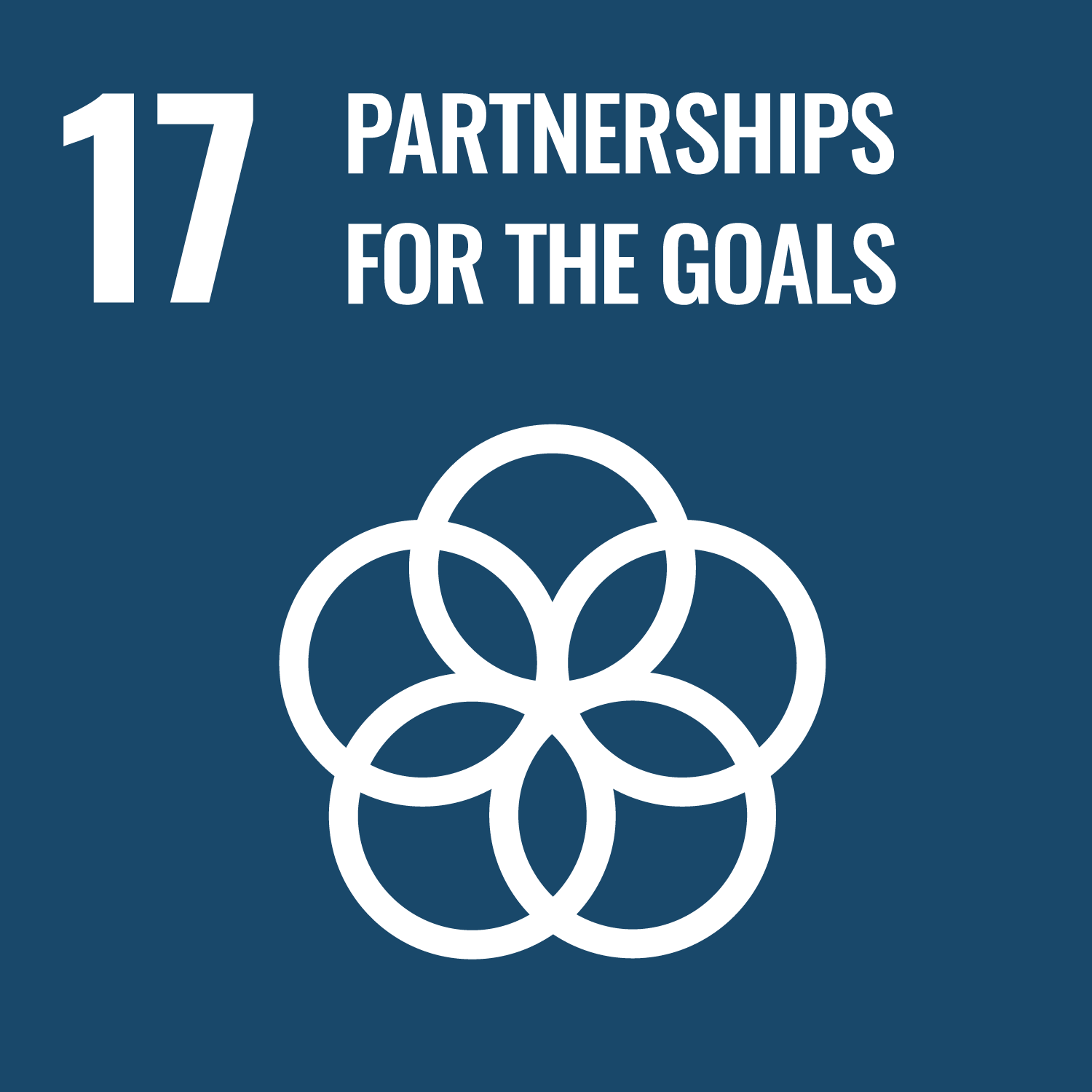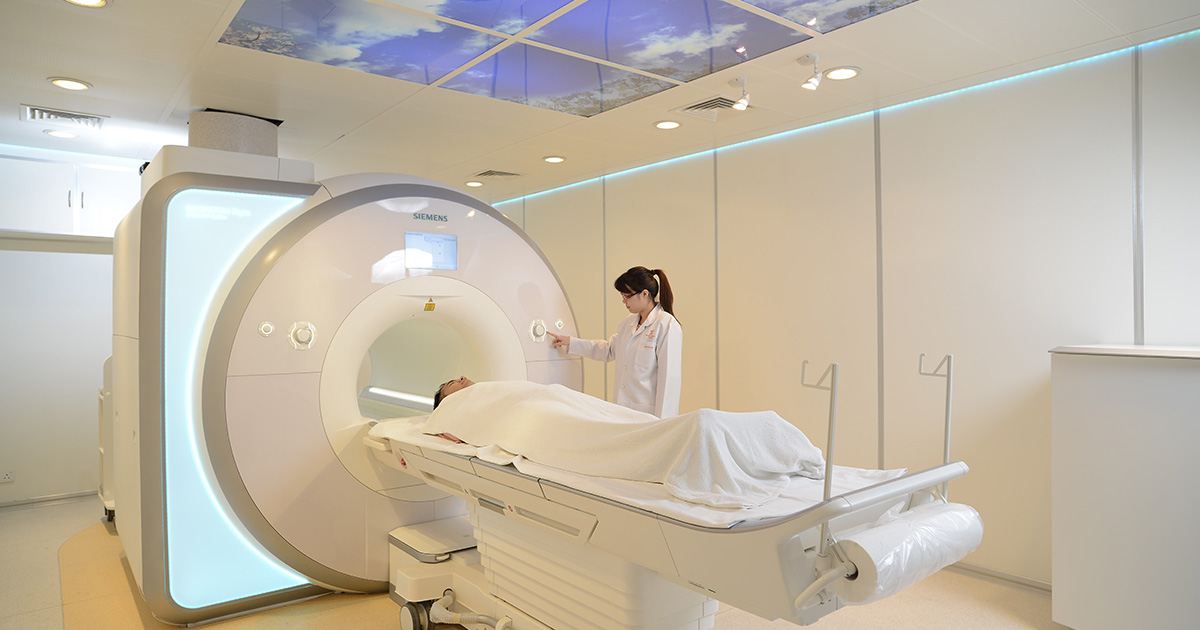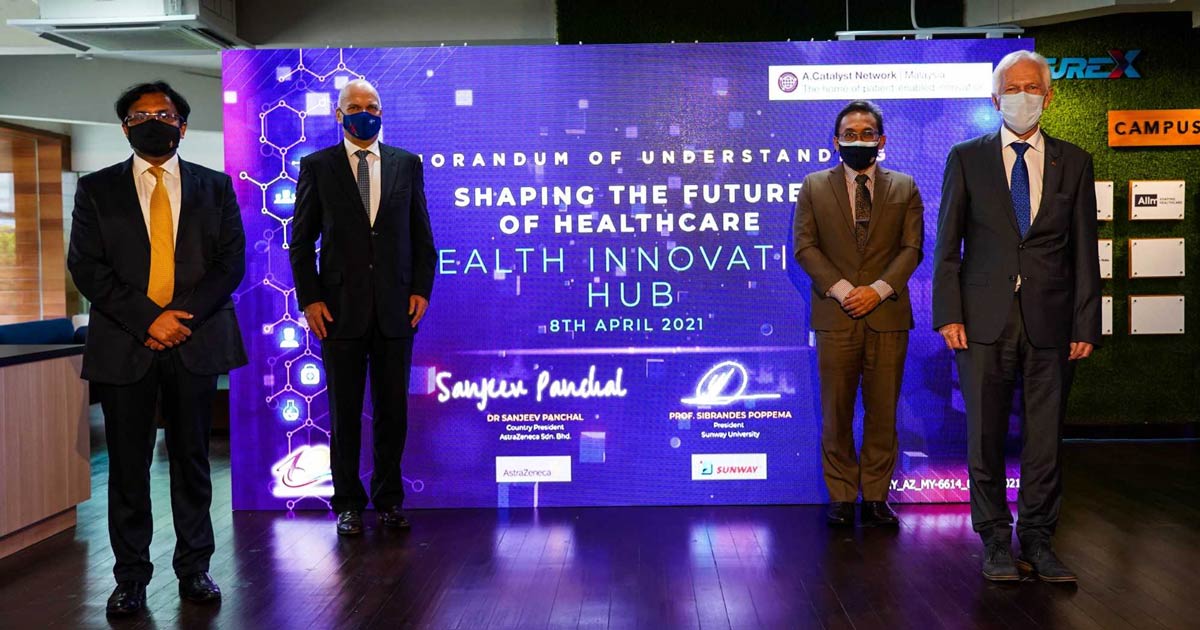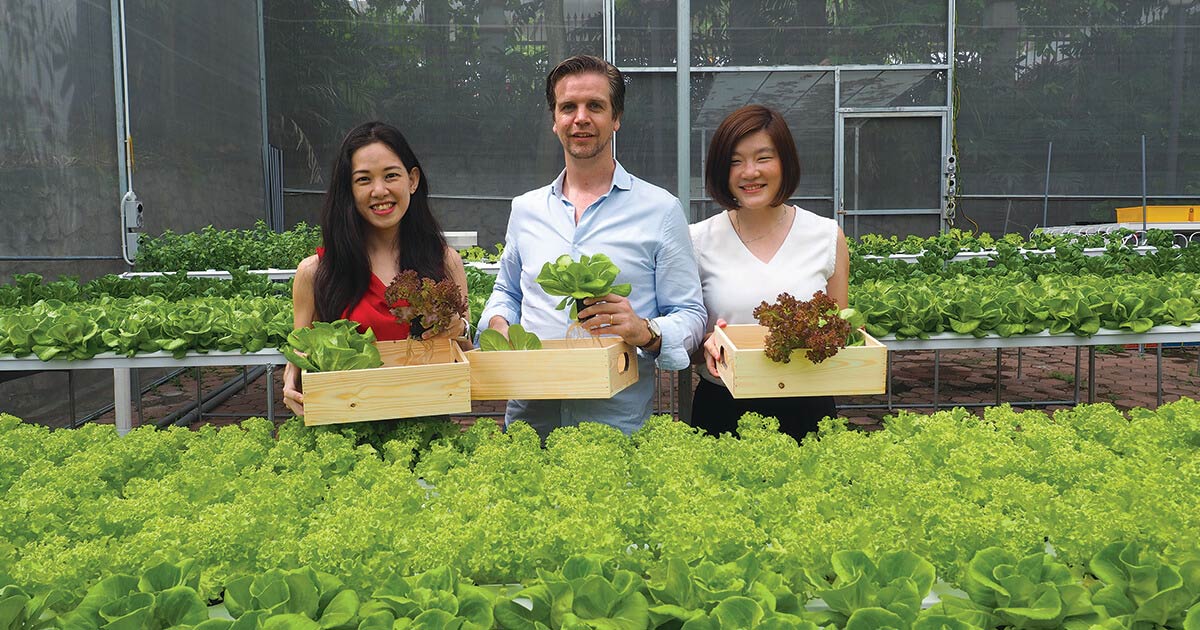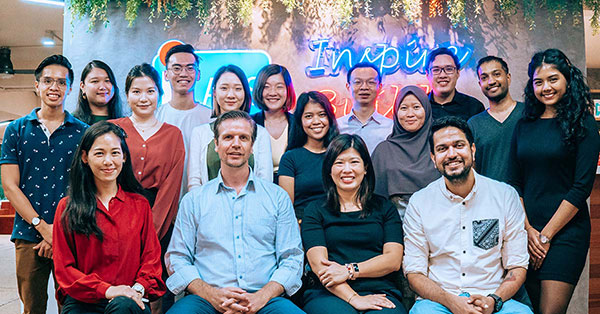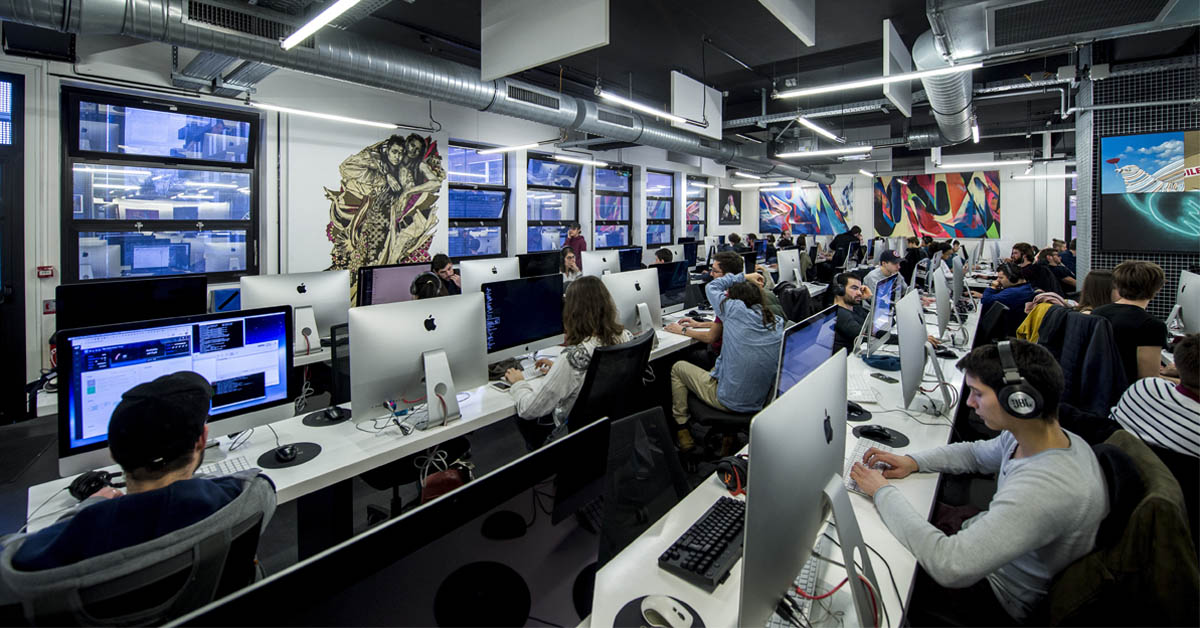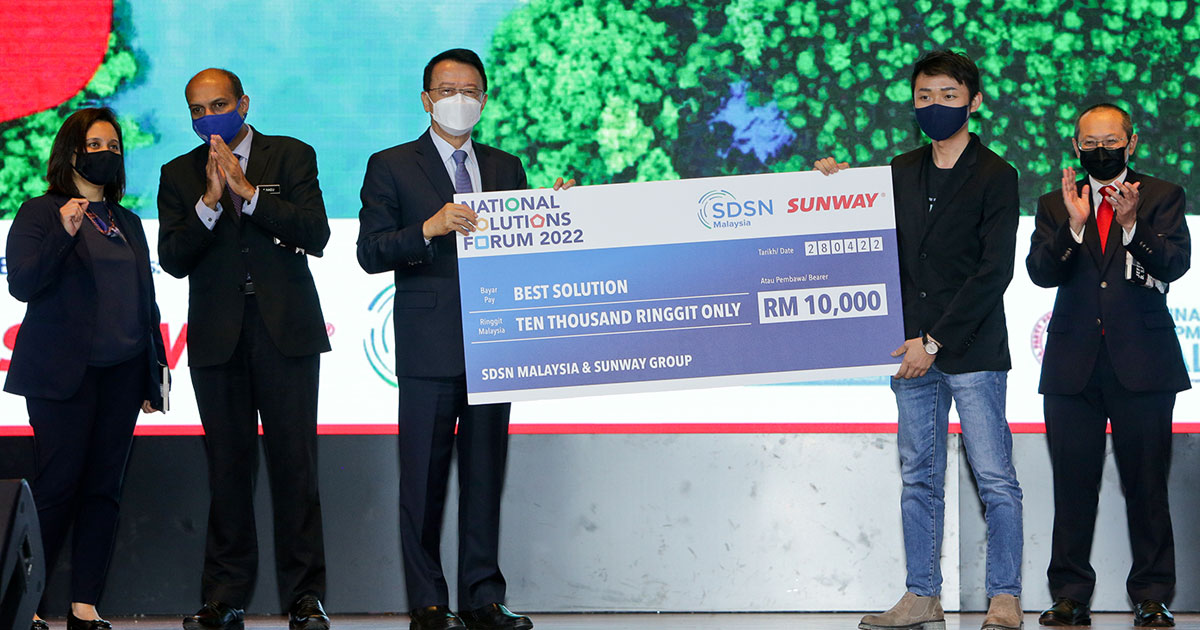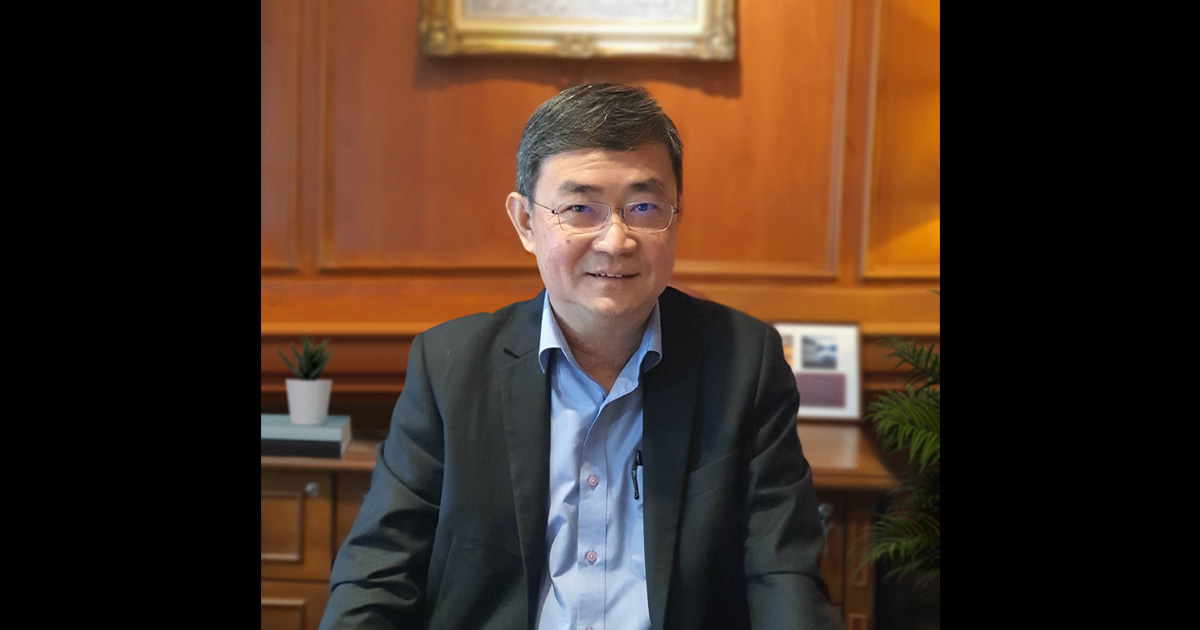Putting a Stop to Killer Non-communicable Diseases
-
Amid the global race to end the pandemic, we must continue to prioritise non-communicable diseases (NCDs) – both a risk factor for COVID-19 and the leading cause of death around the world.
Non-communicable diseases (NCDs) are the top cause of mortality and disability worldwide, accounting for 71% of deaths around the world.
Every year, 41 million people die from NCDs such as heart disease, cancer, chronic respiratory illness, and diabetes. This includes 15 million ‘premature deaths’ between the ages of 30 and 69 years.
According to the World Health Organization (WHO)’s 2019 Global Health Estimates study, NCDs now make up seven of the top ten causes of death globally, with heart disease being the biggest killer over the last 20 years. Deaths by heart disease more than quadrupled from two million in 2000 to almost nine million in 2019.
Malaysia is no exception, with NCDs accounting for two-thirds of deaths, and a rising number of patients suffering from NCDs presenting a major challenge to the local healthcare system, according to the National Health and Morbidity Survey 2019.
Governments must rapidly ramp up the prevention, diagnosis, and treatment of NCDs, said WHO Director-General Tedros Adhanom Ghebreyesus in a statement. The urgency is intensified during the pandemic, as people with NCDs are more likely to become severely ill and succumb to Covid-19.
In Malaysia, about 87% of those who have died from COVID-19 had pre-existing conditions such as diabetes and hypertension, according to the Ministry of Health figures as of November 2020.
NCDs challenge sustainable development
Ignoring NCDs places a significant burden on healthcare systems and poses a challenge to sustainable development, said the United Nations Development Programme (UNDP).
The burden of NCDs affects mainly developing countries, where 82% of premature deaths through NCDs occur.
Skyrocketing healthcare expenditures, breadwinners losing their jobs, and children dropping out of school to care for sick family members or to work and make up for lost wages, are among the ways NCDs contribute to poverty and impede sustainable development.
According to ‘The Impact of Non-communicable Diseases and Their Risk Factors on Malaysia’s Gross Domestic Product’ report released by MOH and WHO last year, NCDs cost the Malaysian economy an estimated RM8.91 billion – about 0.65% of the country’s gross domestic product (GDP).
The economic cost was estimated from productivity losses due to absenteeism, presenteeism in the workplace – working while sick – and the premature death of the local working age population, based on data from 2017.
Meanwhile, intangible costs of NCDs such as disability and loss of healthy life years, were estimated to be around RM100.79 billion or 7.35% of GDP, the report noted.
UNDP noted that NCDs are mostly preventable as they are largely caused by behavioural risk factors that can be changed. Among the risk factors for NCDs include unhealthy diet, tobacco usage, physical inactivity, and harmful use of alcohol. Environmental risks such as air pollution and limited access to basic healthcare services also contribute to NCDs.
Reducing the risk factors of NCDs will save lives and lift the countries’ economic development. Better management of NCDs – early detection, screening, and timely treatment of the diseases – and providing access to palliative care, will help to control NCDs and reduce the need for costlier treatment, said WHO.
Tapping into the global innovation pool
Digital health technology may hold the answer to achieving the UN-SDG No 3.4 of “reducing by one-third premature mortality from NCDs through prevention and treatment by 2030”.
Playing its part in achieving this SDG, Sunway University, via innovation arm Sunway Innovation Labs (Sunway iLabs) has signed a Memorandum of Understanding (MoU) with global biopharmaceutical company AstraZeneca to establish the first Health Innovation Hub (HIH) in Malaysia.
Under the partnership, Malaysia’s hub becomes a part of AstraZeneca’s A.Catalyst Network, bringing together digital, R&D and commercial resources to improve patient outcomes.
Through the A.Catalyst Network, AstraZeneca is co-creating challenge-based solutions with and for patients, and working with partners to establish integrated healthcare systems that benefit the whole patient experience — from prevention and awareness, diagnosis and treatment to post-treatment and wellness.
The Malaysian hub is the tenth hub launched in Emerging Markets, together with the hubs located in Russia, Brazil, Argentina, India, Singapore, and Gulf Cooperation Council (GCC) countries, as well as Mainland China, Taiwan, and Hong Kong.
The partnership is in line with the Malaysian government’s call for digital innovation in the healthcare sector, with HIH set to empower local start-ups and innovators to deliver new, sustainable solutions to bolster the treatment of NCDs and support the patient experience from the primary care level.
As the primary-care level remains the first point of contact for most patients in Malaysia, introducing innovation and digital technology early in the patient journey will reach a larger pool of patients, enabling them to play an active role in managing their own healthcare.
“The number of Malaysians affected by non-communicable diseases is rising each year and with the COVID-19 pandemic, affected patients are now exposed to even higher risks,” said Sunway Group founder and chairman Tan Sri Sir Jeffrey Cheah at the launch of HIH on 8 April.
“HIH will also help position Sunway City Kuala Lumpur as a living laboratory, forming a part of the sustainable smart city ecosystem that engenders research and innovation aimed at solving real-world problems in real time,” Cheah added.
Sunway Group chief innovation officer and Sunway iLabs director Matt Van Leeuwen said the HIH was well-aligned to Sunway iLabs’ vision of becoming ASEAN’s leading integrated innovation platform that inspires people to design, test and launch sustainable solutions for a better future.
“As part of the HIH, Sunway iLabs will work closely with Sunway University, Sunway Medical Centre, and SunSEA Capital to accelerate R&D and commercialisation efforts in the digital health sector. Together with AstraZeneca, we look forward to driving healthcare solutions and innovations that will impact lives,” said Van Leeuwen.
Accelerating market-driven healthtech solutions
From digital therapeutics for chronic disease management, to a blockchain platform for medical records – these are some of the winning ideas borne by Malaysian-based start-ups for the Digital Health Innovation Challenge.
Launched by Astra Zeneca, in collaboration with Sunway iLabs, the Embassy of Sweden, Business Sweden, , Malaysia Digital Economy Corporation (MDEC), and Malaysian Global Innovation & Creativity Centre (MaGIC), the challenge doubled as a catalyst for the development of new patient-centric solutions, as well as a platform for local innovators to showcase their work and potentially draw investments from investors.
CoBlix, Cyhen, DATA8, Fitxcapes, Mimosa and Naluri emerged as winners of the challenge, after showcasing their innovative healthtech solutions for NCD challenges to a panel of judges comprising industry leaders and domain experts.
The winning start-ups have access to the state-of-the-art HIH at Sunway iLabs as a testbed for their solutions, as well as resources across Sunway Group’s ecosystem of 13 business divisions and global partners. The start-ups can also tap into AstraZeneca’s A.Catalyst Network of global health innovation hubs, connecting them with the talent and expertise from different hubs around the globe.
Van Leeuwen said it is of utmost importance that the public and private sector come together to solve huge societal problems that affect mankind.
“I believe that this initiative is a great example on how we can accelerate market-driven healthcare innovations from talented entrepreneurs by leveraging corporate testbeds and international networks,” Van Leeuwen said
“Realising the 17 United Nations Sustainable Development Goals (UN-SDGs) is not the responsibility of governments alone. Building a sustainable future requires the commitment of all elements of society – the private sector, academia, civil society, and, of course, every single individual. We are all in this together,” said Cheah.
This article first appeared in Berita Sunway Issue 72













